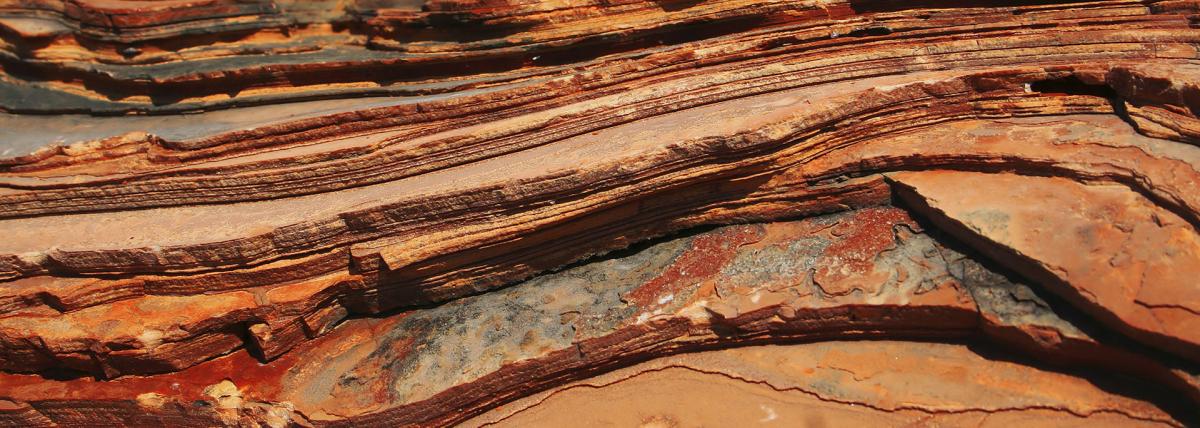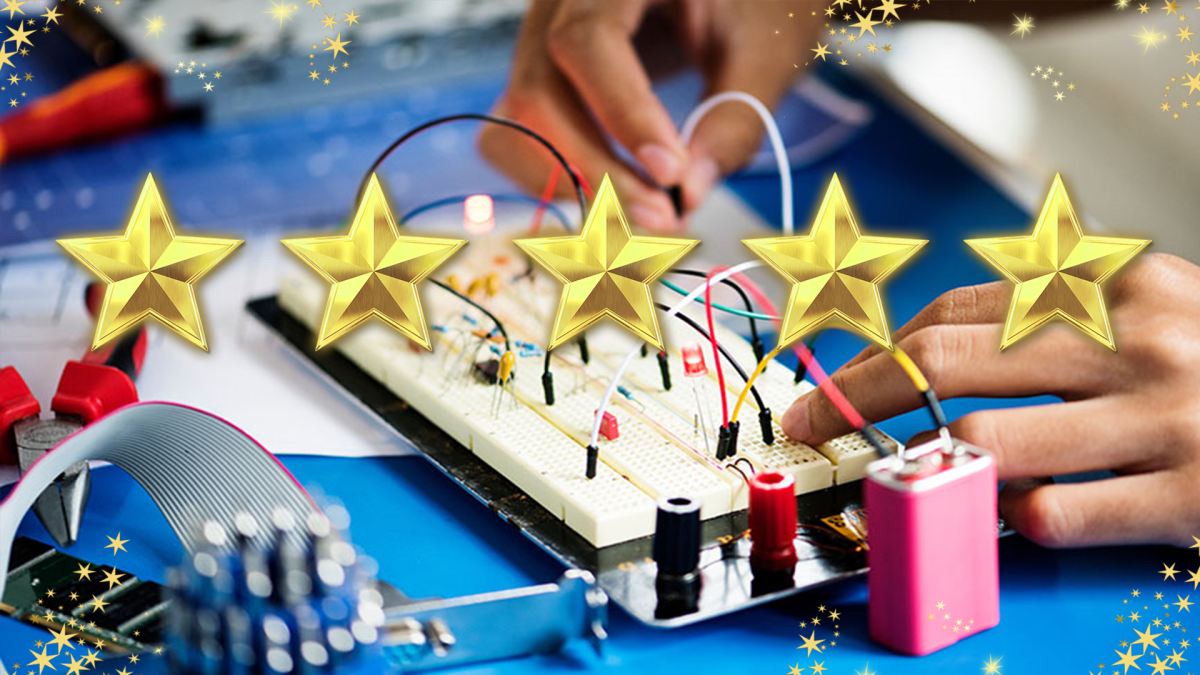Grades:
6th Grade
In this unit, students will study the effects of acid rain and chemically engineer an environmentally friendly solution to neutralize the acid in a simulated river contaminated by factory run-off
Grades:
6th Grade, 7th Grade
Students will be designing and building a strong house able to withstand hurricanes and tropical storms. In the lesson, students will compare their work with the actions of a character from If I Built
Grades:
6th Grade
In this 3rd and final lesson in a series of 3, students examine prior knowledge about the real-world problem of the Great Pacific Garbage Patch and apply their findings to design solutions. Students
Grades:
3rd Grade, 4th Grade, 5th Grade, 6th Grade, 7th Grade, 8th Grade, 9th Grade, 10th Grade, 11th Grade, 12th Grade
In this hands-on lesson, students use the engineering design process (EDP) to create a prototype of a device that can prevent squirrels from accessing a bird feeder. This is a great way to integrate
Grades:
4th Grade
Students will learn about energy and how it relates to growing plants in this first part of a 4 part lesson. Materials needed: copy of parent signature form, student handbook. Agenda: What is Energy
Grades:
6th Grade, 7th Grade, 8th Grade
Students will learn how to construct a moving car robot and program the robot using block-based coding. They will be successful when they have coded the car robot through a maze, they created, without
Grades:
5th Grade
Power point with parts of a flower, worksheets and short quiz provided
Grades:
4th Grade
This lesson is the final project in a unit that focuses on circuitry. The task is for students to plan, design, and test a 3D house using electrical circuits that function correctly. To add more
Grades:
4th Grade
This would be an end of the unit project. Students would need prior knowledge about animal adaptations and biomes/habitats. Students will use Flipgrid to share, but you could use any other video app
Grades:
4th Grade, 5th Grade
This lesson teaches students about lines, angles, measuring and naming angles, using a protractor, and engages students by having them build a catapult and measure best angle for furthest launch.
Grades:
3rd Grade, 4th Grade, 5th Grade, 6th Grade, 7th Grade, 8th Grade, 9th Grade, 10th Grade, 11th Grade, 12th Grade
In this engaging lesson, students explore how size, strength, weight and time constraints can impact space transportation. There are a variety of resources included with this lesson.
Grades:
6th Grade, 7th Grade, 8th Grade
Are you ready to build?! In this hands-on lesson students build a model of a robot using LEGOs. They will discuss the advantages and disadvantages of robots and determine what task their model robot
Grades:
Kindergarten
Students will analyze shadows to determine how light moves and changes throughout the day.
Grades:
4th Grade
In this lesson, students will develop and use the model of a simple circuit to explain how energy is moved through electric currents. The current and voltage in circuits with 1 dry cell and 2 dry
Grades:
4th Grade
The project requires students to act as mechanical and electrical engineers who are tasked with planning, designing, and testing a new toy invention. This toy must have functioning lights, and teams
Grades:
3rd Grade, 4th Grade, 5th Grade
This lesson takes place in as classroom for one or more 60 minute class periods. The data collection portion may continue for 2+ weeks (or whatever time frame you decide). An emphasis is placed on the
Grades:
5th Grade
This hands-on lesson will help students to understand the connection between Earth's orbit around the sun and how it relates to the time of day. Students create a sundial and will trace the shadow
Grades:
8th Grade
This engaging lesson is all about reverse engineering! Students will read and discuss the hook “A.I. Apocalypse”. They learn all about reverse engineering during this project as they determine a
Grades:
4th Grade, 5th Grade, 6th Grade
Students will use engineering practices to build a bridge to see how much weight their bridge will support. This lesson gives students a better understanding of how bridges are constructed and how
Grades:
4th Grade
Students will learn how weather and climate can impact planting in this second lesson out of 4. Agenda What is weather? What is climate? What is the difference between weather and climate? How will
Grades:
3rd Grade, 4th Grade, 5th Grade, 6th Grade, 7th Grade, 8th Grade, 9th Grade, 10th Grade, 11th Grade, 12th Grade
It's time to learn about the engineering design process and apply our understanding to make a sandwich! This fun and engaging lesson is flexible and an opportunity to explore the engineering design
Grades:
4th Grade
This is lesson one for a unit plan on circuitry. In this challenge, students will be tasked with planning, designing, and testing both open and closed circuits. To make things more interesting, they
Grades:
5th Grade
Summary: Today we will observe and test five known mystery powders, identify examples of physical and chemical reactions to determine who committed the crime. Materials: 6 teaspoons or small spoons
Grades:
6th Grade
In this unit, students will study the effects of atmospheric pressure and air resistance on objects to engineer a landing apparatus to land cargo in space. They will then write a Claim based on
Featured Lesson Plans
Check out these notable lesson plans.

Grades:
4th Grade
This interactive 4th-grade lesson plan focuses on erosion and weathering, key concepts in understanding Earth's geology. In "Dynamic Earth," students use an interactive simulation to explore how

Grades:
4th Grade
Explore Coal Mine Canyon's wonders! Watch a documentary, read about geology, draw the canyon, and use tech to learn about geological layers. Fun, interactive learning awaits!

Featured
Makey Makey with The Bionic Kid
Grades:
4th Grade
Imagine how cool it would be to build a video game controller out of bananas! In this engineering design challenge, you will learn how to use everyday items and a Makey Makey kit to design a
